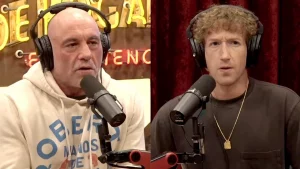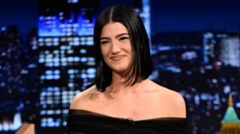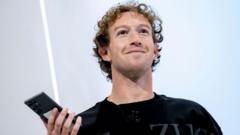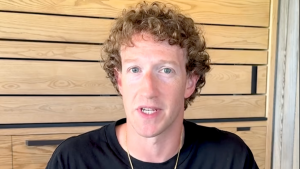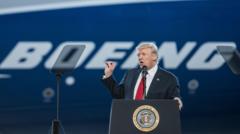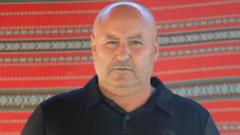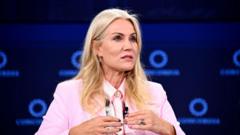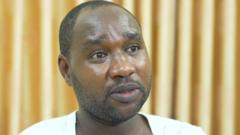A recent BBC analysis has highlighted how Facebook has significantly restricted Palestinian news outlets' reach during the Israel-Gaza conflict. Research shows that audience engagement for these outlets has plummeted, coinciding with controversial moderation changes that began in October 2023, following the start of hostilities.
Restrictions on Palestinian News: Facebook's Controversial Role in the Israel-Gaza Conflict

Restrictions on Palestinian News: Facebook's Controversial Role in the Israel-Gaza Conflict
Facebook faces backlash for limiting Palestinian news outlets during the ongoing Israel-Gaza war, sparking concerns of censorship.
Facebook pages for major Palestinian news organizations, such as Palestine TV and Wafa news agency, have seen a staggering 77% decline in engagement, contrasting with increased audience interaction for Israeli news sources. Despite Meta's claims of unintentional bias due to algorithmic changes, Palestinian journalists express growing fears about "shadow-banning" on the platform. Furthermore, leaked internal documents suggest heightened moderation of Palestinian comments on Instagram, raising questions about fairness in content visibility.
Since the beginning of the conflict, over 137 Palestinian journalists have been reported killed, yet many continue to work under perilous conditions to share their perspective, underscoring the urgent need for balanced coverage in the digital age.
As the situation evolves, the call for transparency and accountability from social media platforms grows louder, prompting a need for reassessment of how moderation policies impact global narratives and free expression.
Since the beginning of the conflict, over 137 Palestinian journalists have been reported killed, yet many continue to work under perilous conditions to share their perspective, underscoring the urgent need for balanced coverage in the digital age.
As the situation evolves, the call for transparency and accountability from social media platforms grows louder, prompting a need for reassessment of how moderation policies impact global narratives and free expression.




